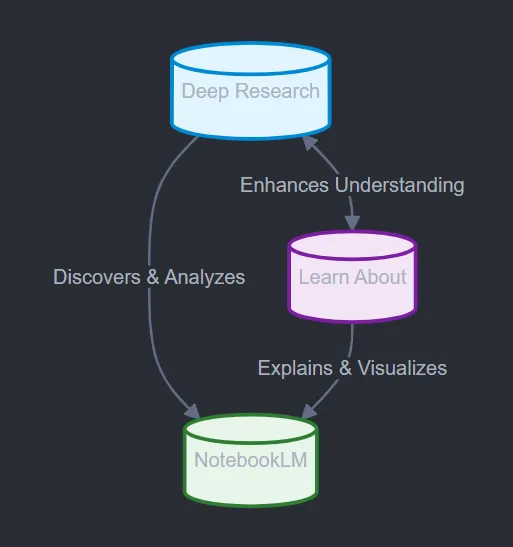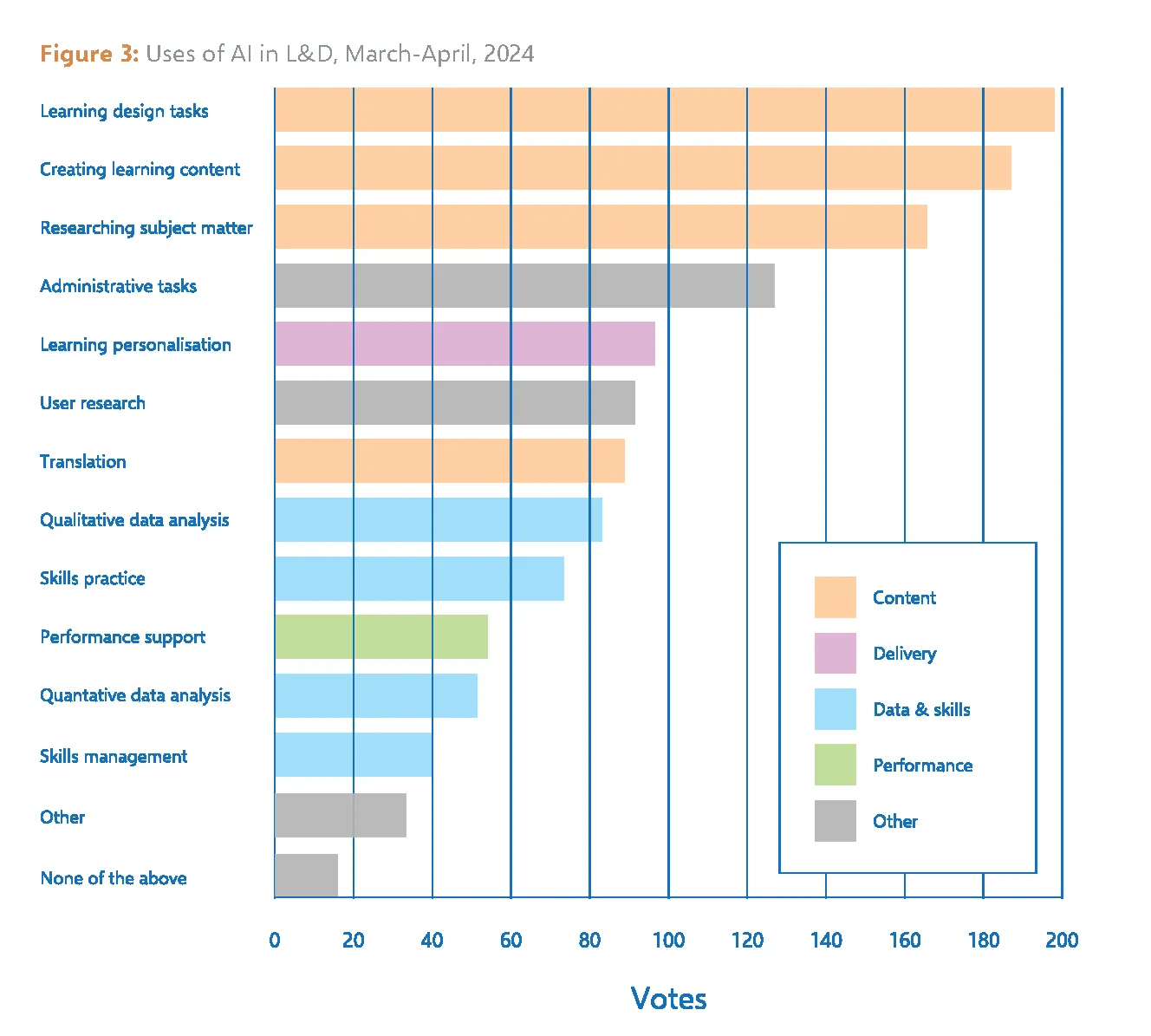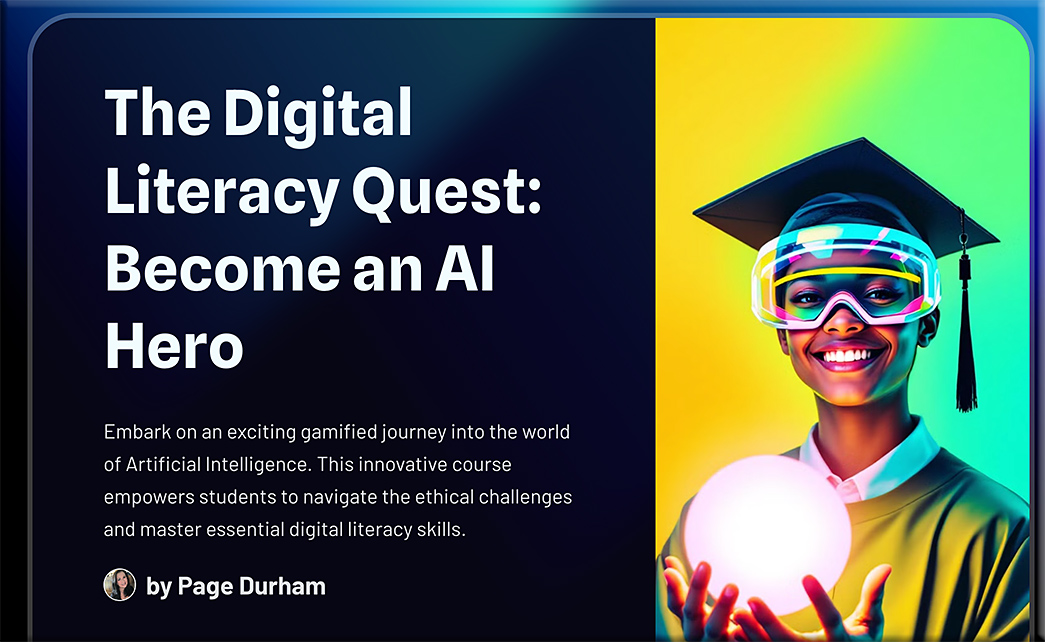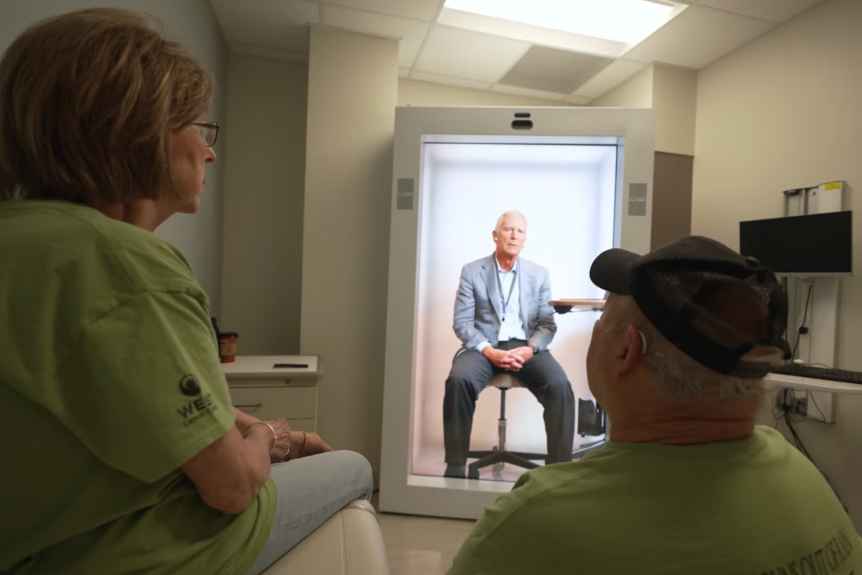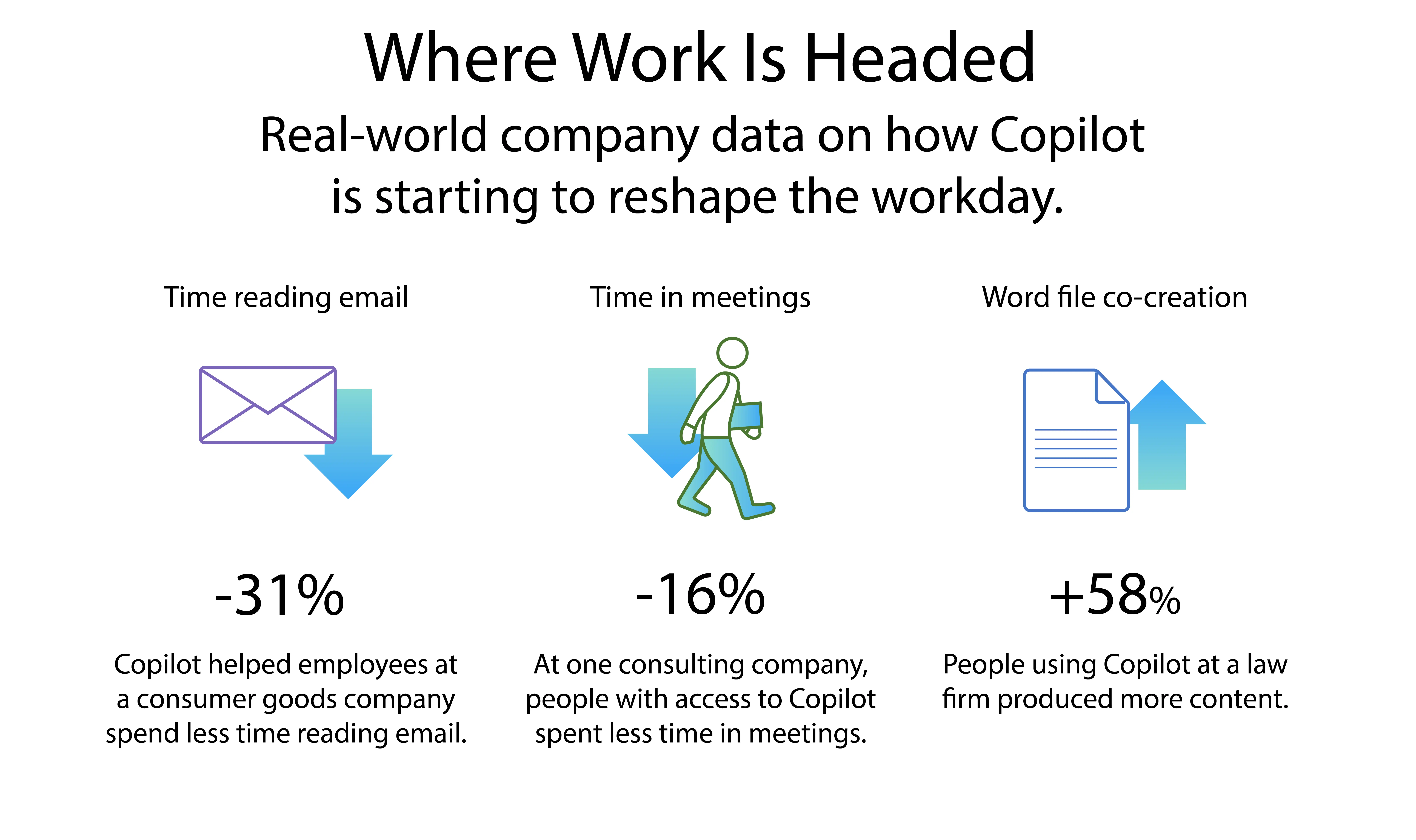From DSC:
I realize that I lose a lot of readers because I put some scripture from the Bible on this blog and I mention the names of Jesus Christ, the Holy Spirit, and our Heavenly Father here as well. I address matters of faith from time to time. So I have hesitated greatly to put anything out here re: politics. I will lose further readership most likely.
But I can no longer be silent on the matter of Donald Trump and the Republican Administration* as a whole. Like many others, I’m very disappointed that our nation elected him — and I think it’s time we Americans took a long, hard look in the mirror on that one.
- Donald Trump scorns the Constitution and he seeks to destroy our democracy — something many people have given their lives to develop and support.
- He orchestrated the January 6, 2021 insurrection on the U.S. Capitol building. His supporters called for the life of the (then-current) Vice President if he didn’t do what they wanted him to do.
- Speaking of the insurrection…Donald Trump is a convicted felon and would have likely lost several more court cases had he not been able to make a MOCKERY of our judicial system. His money, power, and position were able to postpone many of those court cases. As a relevant aside here, who knows how many people were given access to confidential records of the U.S. (for a price no doubt). He should be in jail right now. You and I would have been thrown in jail a looooong time ago. But Donald Trump laughs at justice — he distorts justice.
- He acts like a toddler — at most, a junior high school student.
- He bullies people and nations.
- He threatens retribution if someone doesn’t agree with him.
- He belittles people and nations.
- He creates massive division, not unity. He reminds me of Adolph Hitler.
- He is an embarrassment to the United States. He has destroyed so much diplomatic work and goodwill on the global stage. Our allies — or perhaps I should say former allies now — were shocked to recently hear about Donald Trump’s stances on many things.
- And the tariffs aren’t helpful either. They create barriers and will likely increase prices here in the U.S.
- I can’t believe a word that comes out of his mouth. For a President of the United States to exhibit this characteristic over and over again, it sets a horrible example for the younger generations to see. It further establishes a culture in America that is NOT the type of culture I want to live in or have my descendants live in. I do not support the type of culture that Donald Trump creates.
I, for one, apologize to the rest of the world that our nation elected him as President. This was a massive mistake.
So I’m beginning to think that the LORD allowed Donald Trump to become President NOT to make America Great Again (MAGA) — as that whole campaign seems to be a lie too — but rather to HUMBLE America.
By the way, I don’t think Donald Trump is a Christian — at all. Besides his hatred of the truth as well as the other items listed above…if he were truly a Christian, he would not have balked at the Bishop’s urging him to be compassionate to others (at his Inauguration). He would have listened to her wisdom. Plus, he would have put his hand on the Bible when he took his oaths.
Daniel’s prayer in Daniel 1:19 is highly relevant to the United States right now. And so is 2 Chronicles 7:14:
14 if my people, who are called by my name, will humble themselves and pray and seek my face and turn from their wicked ways, then I will hear from heaven, and I will forgive their sin and will heal their land.
.
* In the past, I have voted for members of the Republican and Democratic Parties — Presidents, VPs,
Governors, Senators, Representatives, and more. But when Karl Rove & Company started
playing too many games for my taste, I moved towards voting mostly for Democrats.
To the Futurist Jack Uldrich:
Thank you for your posting entitled “A Special Edition: Jack Uldrich’s Friday Future 15: Truth, Compassion and Love.” It got me to finally write this posting that I’ve been meaning to write for several weeks now.









